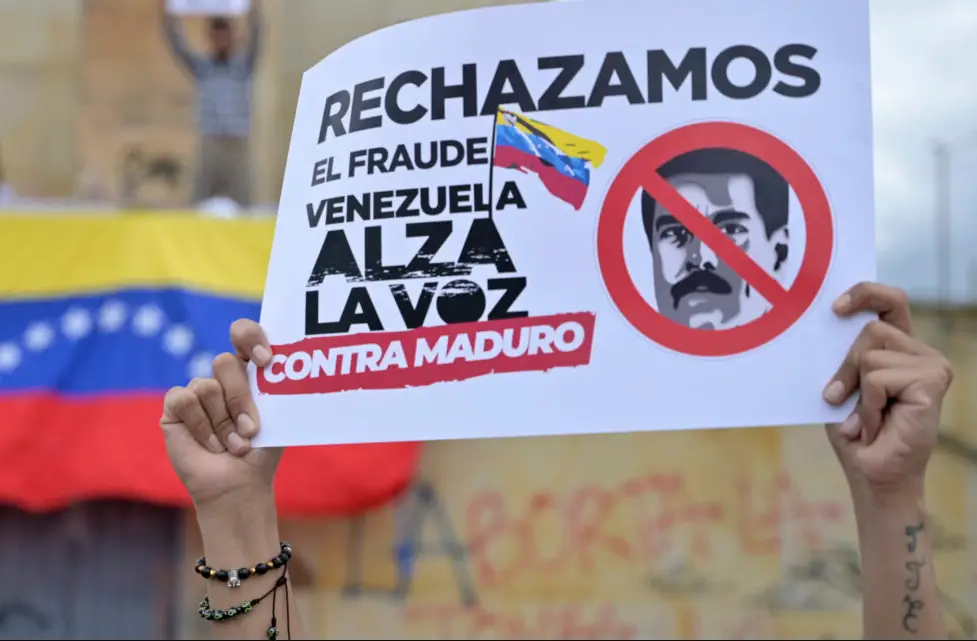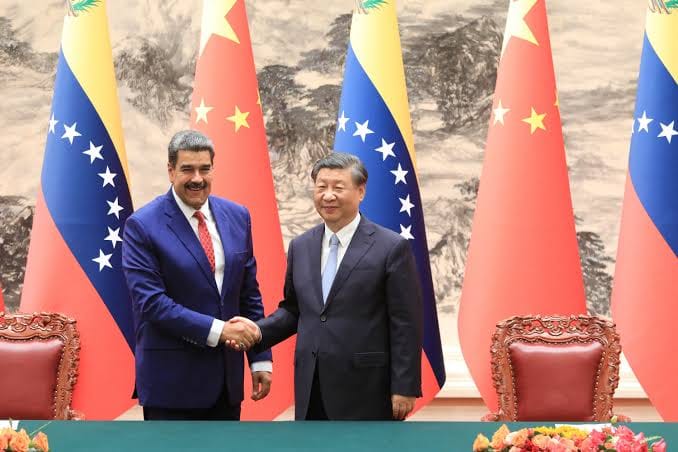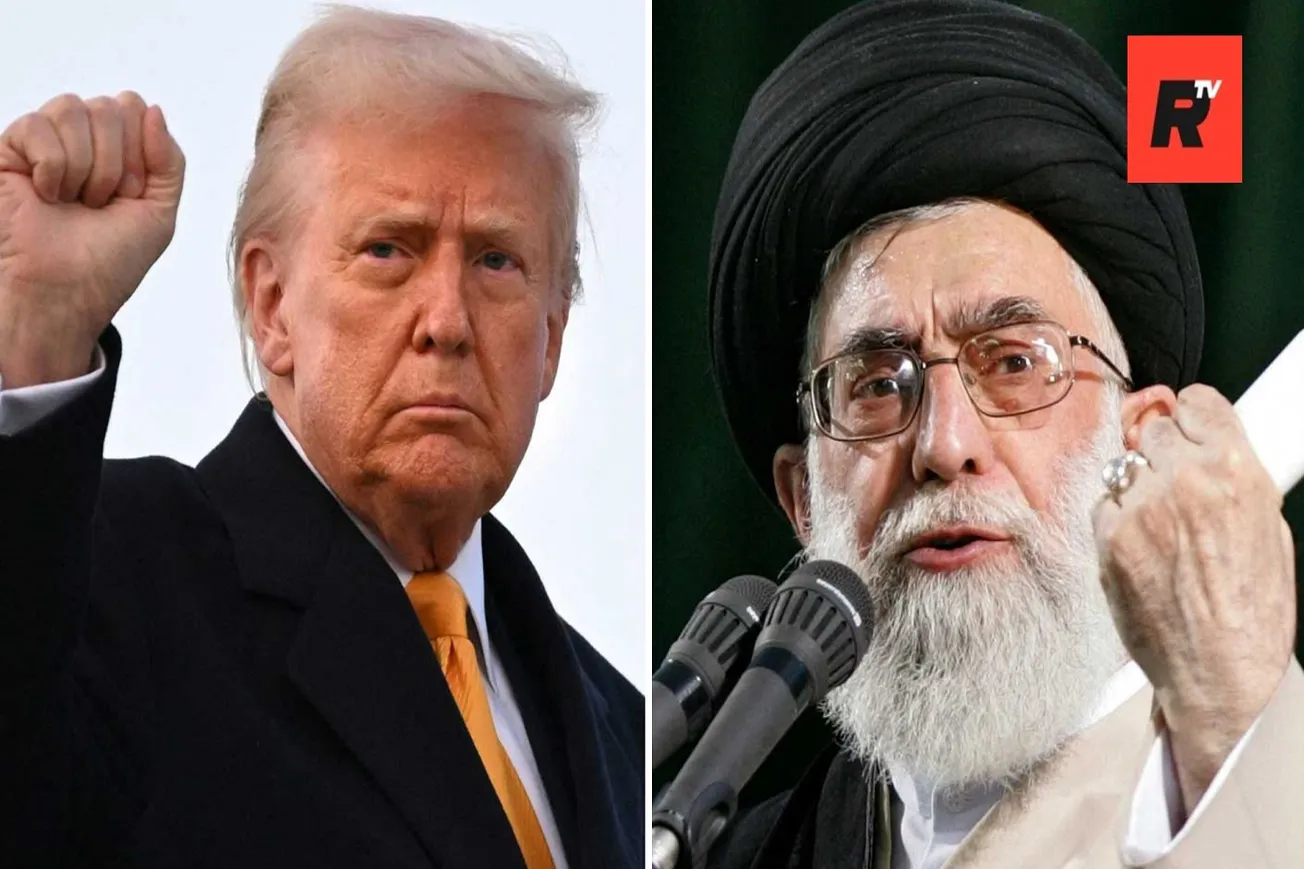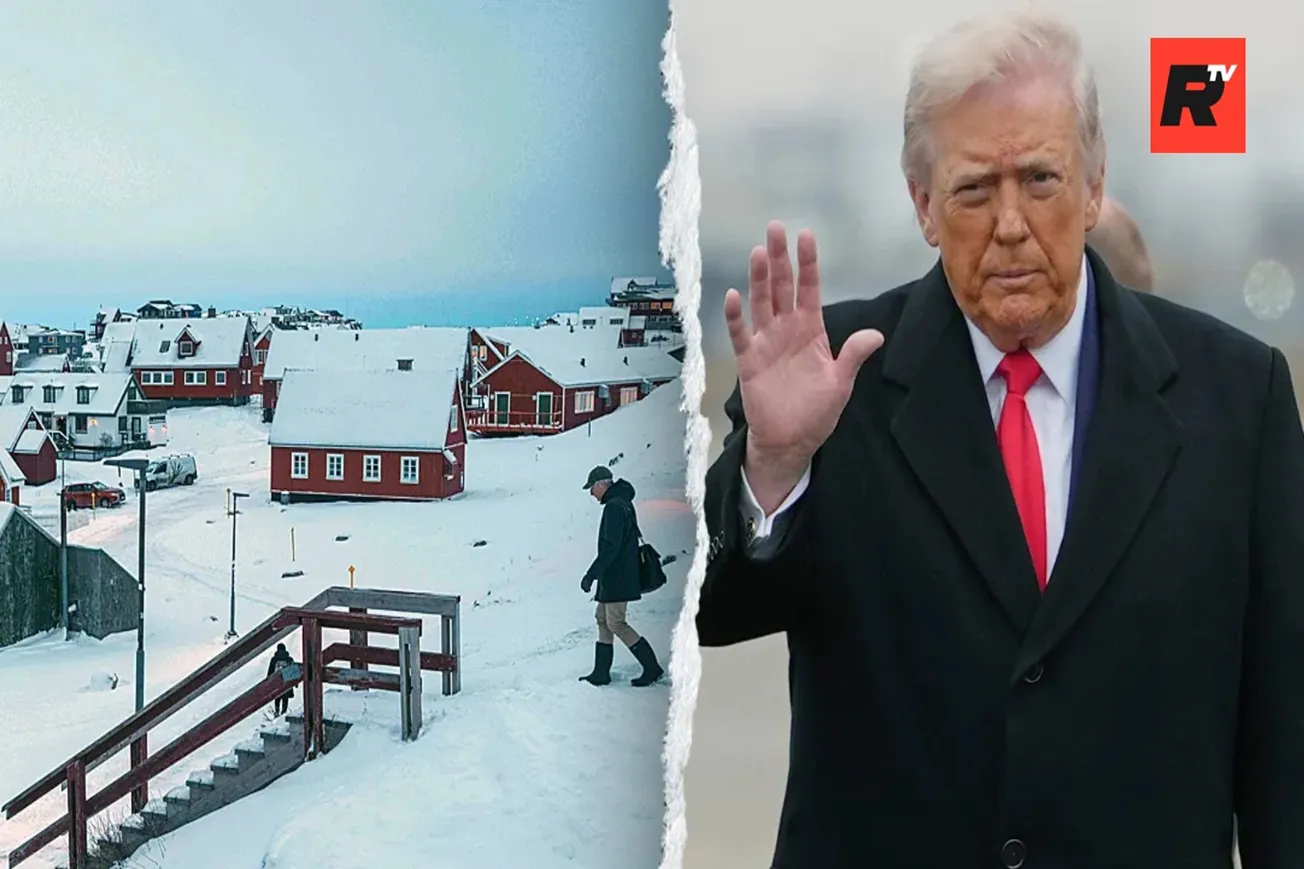Table of Contents
Investigations into Venezuela’s Cartel de los Soles — reportedly led by President Nicolás Maduro and top regime officials — reveal a transnational network that may extend beyond drug trafficking into global election infrastructure.
The U.S. government has long identified the cartel as a narco-terrorist organization, however, claims suggest the cartel’s influence may also reach U.S. elections, enabled by alliances with the People's Republic of China.
Whistleblowers allege that Smartmatic and Dominion Voting Systems, key players in U.S. elections, were influenced or controlled by the Venezuelan regime. Smartmatic reportedly maintains a production facility near Beijing, shipping hardware to Taiwan that is relabeled before entering U.S. election systems.
Dominion, which manages elections in nearly all U.S. swing states, allegedly moved its servers and R&D operations to Belgrade, Serbia, where Venezuelan, Chinese, and Serbian engineers maintain administrative control. Servers in Belgrade are reportedly linked to Huawei infrastructure in both Serbia and Hong Kong, raising serious U.S. national-security concerns.

This alleged Venezuelan-Serbian-Chinese network operates as a multi-layered system: Venezuela provides the political and financial backbone through the Cartel de los Soles, China supplies technological and manufacturing support, and Serbia serves as a secure hub for critical election data. Former CIA station chief Gary Berntsen, who has investigated the cartel since 2019, claims the network functions like a shadow government, laundering funds through NGOs and private companies while extending influence across continents.
Smartmatic, originally developed in Venezuela during the 2003 recall election, allegedly created software capable of altering election outcomes. After entering the U.S. market in 2006 and acquiring Sequoia Voting Systems, Venezuelan-linked source code was reportedly embedded into U.S. election hardware. Dominion’s alleged connections to Serbia and China could further expose swing-state election systems to foreign influence, according to these claims.
The allegations coincide with ongoing U.S.–Venezuela conflict over drug trafficking. The U.S. has targeted vessels allegedly transporting narcotics for the Cartel de los Soles, while Venezuelan officials have condemned these strikes as illegal attempts at regime change. Analysts argue the convergence of narcotics trafficking, foreign partnerships, and election infrastructure represents a unique national-security threat.

This alleged network underscores how Venezuela's alliance with China could extend its influence globally — encompassing drug trafficking, election infrastructure, and advanced technology. These purported connections highlight a growing nexus of narco-terrorism, geopolitical maneuvering, and cybersecurity threats, drawing heightened scrutiny from U.S. authorities.








